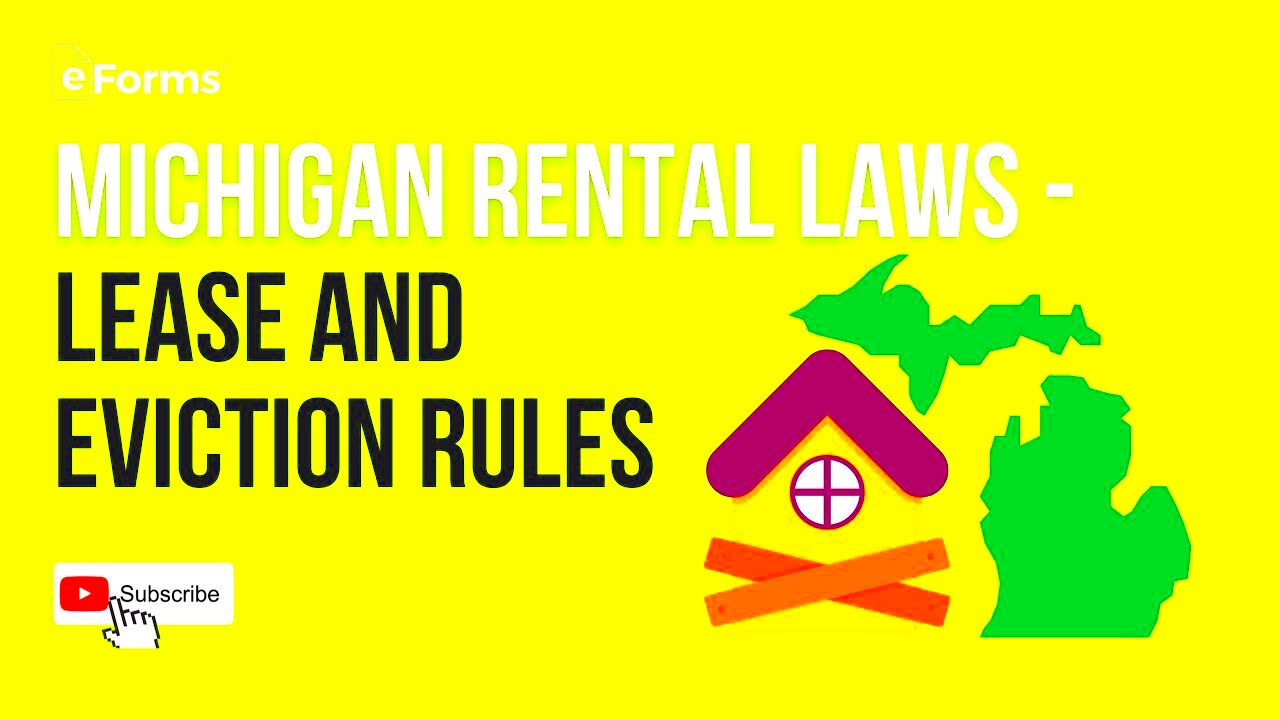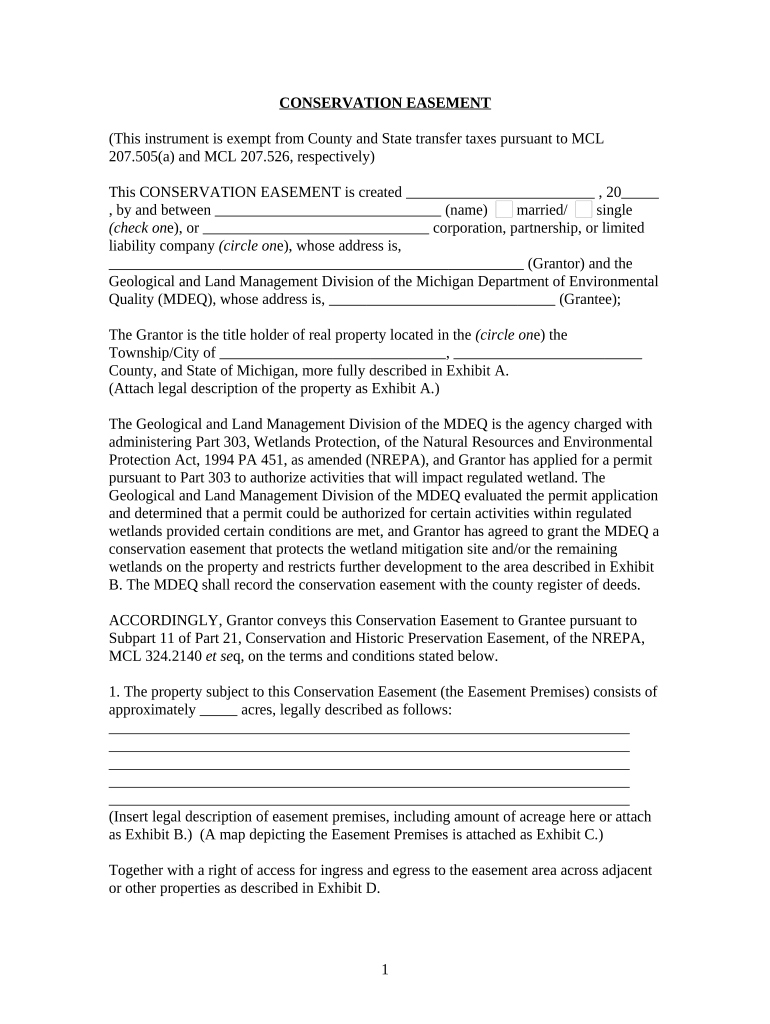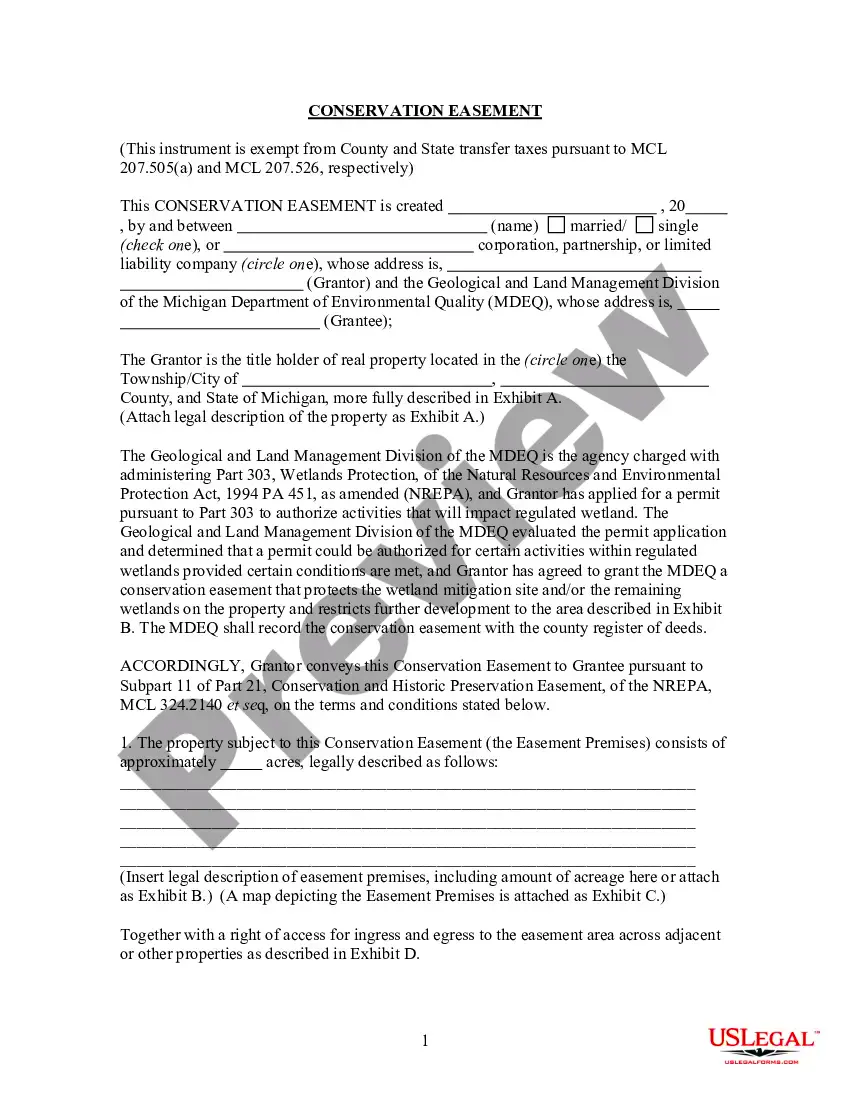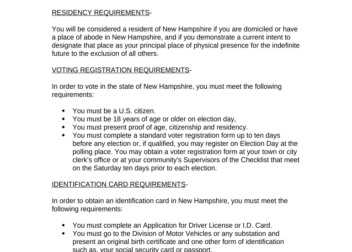Michigan Utility Easement Law: What Property Owners Must Know
Utility easements are legal agreements that allow utility companies to access private property for the installation and maintenance of infrastructure like power lines, water pipes, and gas lines. In Michigan, these easements are essential for ensuring that utilities can provide necessary services to homes and businesses without interruption. As a property owner, it’s crucial to understand what these easements entail and how they may affect your property. Knowing the basics can help you navigate potential issues and make informed decisions regarding your land.
Types of Utility Easements

In Michigan, utility easements can be categorized into several types. Here are the most common:
- Electric Utility Easements: These allow electric companies to install and maintain power lines and poles.
- Water Utility Easements: These easements provide access for water supply lines and related infrastructure.
- Sewer Utility Easements: These are necessary for the maintenance of sewer lines running through private property.
- Gas Utility Easements: These easements allow for the installation and upkeep of natural gas pipelines.
Each type serves a specific function and has unique regulations governing its use. It’s important to know which type of easement affects your property, as this can influence your rights as a property owner.
Rights and Responsibilities of Property Owners

Property owners in Michigan have specific rights and responsibilities concerning utility easements. Understanding these can help prevent disputes and protect your interests.
Rights of Property Owners:
- You have the right to be informed about the easement’s location and purpose.
- You can negotiate terms with the utility company, especially if new easements are proposed.
- You can expect the utility company to minimize disruption to your property during installation and maintenance.
Responsibilities of Property Owners:
- You must allow utility companies reasonable access to your property for maintenance and emergency repairs.
- You are responsible for ensuring that any structures you build do not obstruct the easement.
- You may need to comply with local ordinances related to the easement area.
By understanding these rights and responsibilities, you can better manage your property and engage effectively with utility companies.
How to Identify Utility Easements on Your Property

Identifying utility easements on your property is crucial for understanding your rights and responsibilities as a property owner. Easements are often not immediately visible, so you’ll need to take a few steps to uncover their presence. Here’s how you can identify them:
1. Check Your Property Deed: Your property deed will often mention any easements. Look for specific language related to utilities.
2. Review Survey Documents: If you have a property survey, it may show the location of easements. Surveys often provide a visual representation of easements on your land.
3. Contact Local Authorities: Reach out to your local zoning or planning office. They can provide information on recorded easements in your area.
4. Speak to Utility Companies: Directly contacting utility companies can help you find out if there are any easements related to their services on your property.
5. Consult a Real Estate Attorney: If you’re unsure, a real estate attorney can help you navigate property laws and easement regulations.
Identifying utility easements early can prevent potential conflicts and ensure you’re informed about what is permissible on your land.
Impacts of Utility Easements on Property Value
Utility easements can have significant impacts on property value, and it’s essential to understand these effects, whether positive or negative. Here are some factors to consider:
1. Potential Decrease in Value: Properties with utility easements may experience a decrease in value due to reduced privacy and aesthetics. Buyers may be hesitant to purchase a home if they see visible utility lines.
2. Increased Liability: Easements can create potential liabilities for property owners, especially if utility work causes damage to your property.
3. Limitations on Development: If an easement covers a significant portion of your land, it may limit your ability to develop or build on that area.
4. Opportunities for Negotiation: If you own property with an easement, you may have opportunities to negotiate terms or compensation with the utility company.
It’s important to assess these impacts carefully when considering buying or selling property affected by utility easements. Knowledge is power, and understanding these aspects can help you make informed decisions.
Steps to Take if You Encounter Issues with Easements
Encountering issues related to utility easements can be frustrating, but there are steps you can take to address these problems effectively. Here’s what to do:
1. Document Everything: Start by documenting all interactions related to the easement, including conversations with utility companies and any damage that occurs.
2. Review Your Deed and Survey: Go back to your property deed and survey to understand the legal terms of the easement and your rights as a property owner.
3. Communicate with the Utility Company: Contact the utility company to discuss your concerns. They may be willing to work with you to resolve issues.
4. Seek Mediation: If discussions do not resolve the problem, consider mediation. This can help facilitate a constructive conversation between you and the utility company.
5. Consult Legal Counsel: If the issue persists, consult a real estate attorney who specializes in easement laws. They can provide you with legal options and represent your interests.
By following these steps, you can effectively address issues with utility easements while protecting your rights and property.
Legal Remedies Available for Property Owners
When property owners face issues related to utility easements, knowing their legal remedies is essential. These remedies can help protect your rights and resolve disputes effectively. Here are some options available:
1. Negotiation: Often, a simple conversation can solve many issues. Property owners can negotiate terms directly with utility companies to reach an agreeable solution.
2. Mediation: If negotiations fail, mediation can be a useful next step. This involves a neutral third party who helps facilitate discussions and find common ground.
3. Filing a Complaint: If you believe a utility company has violated your rights, you can file a complaint with the Michigan Public Service Commission (MPSC). This agency oversees utility services and can investigate complaints.
4. Seeking Injunctive Relief: In some cases, property owners may seek a court order to prevent the utility company from taking specific actions that violate their rights.
5. Litigation: If all else fails, pursuing legal action in court may be necessary. Consult with a real estate attorney to understand your options and the potential consequences.
Being aware of these legal remedies can empower property owners to take appropriate action and protect their interests regarding utility easements.
Future Changes in Utility Easement Laws
Utility easement laws are evolving, and it’s important for property owners to stay informed about potential changes. Here are some trends and possible future developments:
1. Enhanced Protection for Property Owners: As awareness of property rights grows, lawmakers may introduce regulations that offer more protections to property owners against intrusive utility easements.
2. Greater Transparency Requirements: Future laws may require utility companies to provide more detailed information about easements, ensuring property owners are fully informed.
3. Technological Advances: Innovations in utility management may lead to more efficient and less intrusive methods for installing and maintaining utility lines, potentially reducing the need for extensive easements.
4. Legislative Reforms: Ongoing discussions about property rights and utility access may result in legislative changes aimed at balancing the needs of utility providers with the rights of property owners.
Staying updated on these trends can help property owners navigate the complexities of utility easements and advocate for their rights effectively.
Frequently Asked Questions
Here are some common questions property owners have about utility easements:
1. What is a utility easement?
A utility easement is a legal right that allows utility companies to access private property to install and maintain infrastructure such as power lines, water pipes, or gas lines.
2. How do I find out if there’s an easement on my property?
You can check your property deed, review survey documents, contact local authorities, and consult utility companies for information on easements.
3. Can I negotiate the terms of a utility easement?
Yes, property owners have the right to negotiate terms with utility companies, especially for new easements or when issues arise.
4. What should I do if my property is damaged during utility work?
Document the damage, communicate with the utility company, and explore your legal remedies, including seeking compensation for repairs.
5. Can easements affect my property’s value?
Yes, utility easements can impact property value, often negatively, due to factors like reduced privacy and aesthetic concerns.
By understanding these frequently asked questions, property owners can better navigate the complexities of utility easements and protect their interests.
Conclusion
Utility easements are a vital part of property ownership in Michigan, providing necessary access for utility companies while also presenting unique challenges for property owners. Understanding the types of easements, your rights and responsibilities, and potential legal remedies is crucial for protecting your interests. As laws continue to evolve, staying informed about changes in utility easement regulations can help you navigate this complex area effectively. Remember, whether you are negotiating with a utility company or addressing an easement-related issue, knowledge and preparation are your best tools. By taking proactive steps, you can ensure that your property rights are respected and that you can enjoy your home without unnecessary complications.


